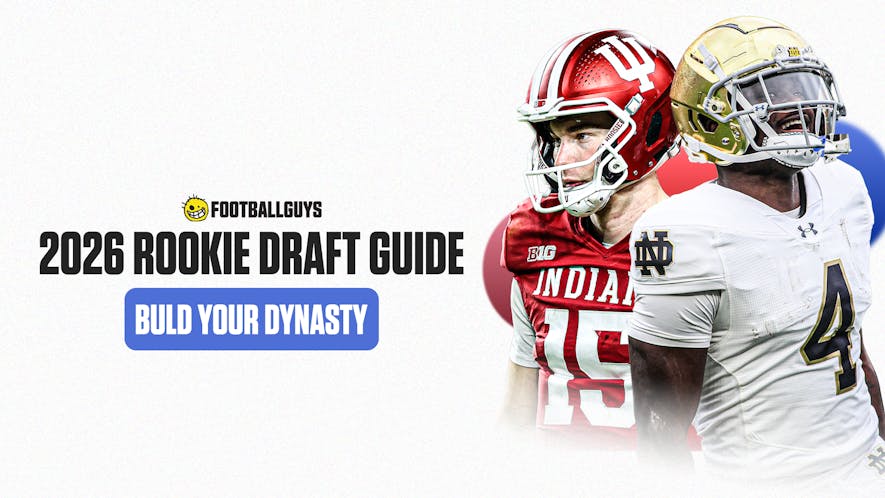There's a lot of strong dynasty analysis out there, especially when compared to five or ten years ago. But most of it is so dang practical-- Player X is undervalued, Player Y's workload is troubling, the market at this position is irrational, and take this specific action to win your league. Dynasty, in Theory is meant as a corrective, offering insights and takeaways into the strategic and structural nature of the game that might not lead to an immediate benefit but which should help us become better players over time.
Irrationally Exuberant
But how do we know when irrational exuberance has unduly escalated asset values, which then become subject to unexpected and prolonged contractions as they have in Japan over the past decade?
-Alan Greenspan, "The Challenge of Central Banking in a Democratic Society"
If you asked all twelve managers in a league to estimate the chances of each team winning a championship, you would get twelve very different sets of estimates. Assuming each manager has decent numeracy, though, all twelve sets of estimates will share a common feature: each will sum to 100%.
This is basic probability. Each league awards one championship every year. There is a 100% chance that an individual team walks away with it; therefore, the individual odds of each particular team should add up to 100%. Each set of estimates will be internally consistent-- all of the estimates will make sense in relation to the others.
What if, however, you took those twelve sets of estimates and added up each manager’s estimate of his or her own chances of winning a title? Since these estimates were produced by different managers, they would not be internally consistent. Instead, you would likely find they sum to a number substantially higher than 100%.
This, too, makes sense; it stands to reason that every manager in the league is among the highest on the players he or she rosters; if not, he or she would trade that player away to another manager who valued him more. Therefore, everyone tends to believe their teams are better than consensus would have them.
Even though this outcome is expected and easily explainable, it is nonetheless a perfect example of irrational exuberance. The owners, collectively, are more excited about their individual prospects than they should be.
I wrote two weeks ago about whether and when managers should make win-now trades. I also noted that regardless of what the numbers said, I preferred a "build the best team you can and let the chips fall where they may" approach. Irrational exuberance is part of the reason why.
All of the calculations and considerations in that piece hinge on our ability to accurately estimate our chances of winning. If managers collectively overestimate these chances, then knowing the numbers could well do more harm than good.
Unnecessarily Pessimistic
Therefore, since the world has still
Much good, but much less good than ill,
And while the sun and moon endure
Luck's a chance, but trouble's sure,
I'd face it as a wise man would,
And train for ill and not for good.
-A.E. Housman, "A Shropshire Lad"
Knowing about the threat of irrational exuberance, it is tempting to guard against it. Indeed, when I wrote about this observation more than a decade ago, I ended with an admonishment that "the cure for irrational exuberance is a little bit of calculated pessimism." Whatever we judge our true odds to be, perhaps we can merely adjust them downward. What could be the harm?
Much, in fact.
Continue reading this content with a ELITE subscription.
An ELITE subscription is required to access content for Dynasty leagues. If this league is not a Dynasty league, you can edit your leagues here.


